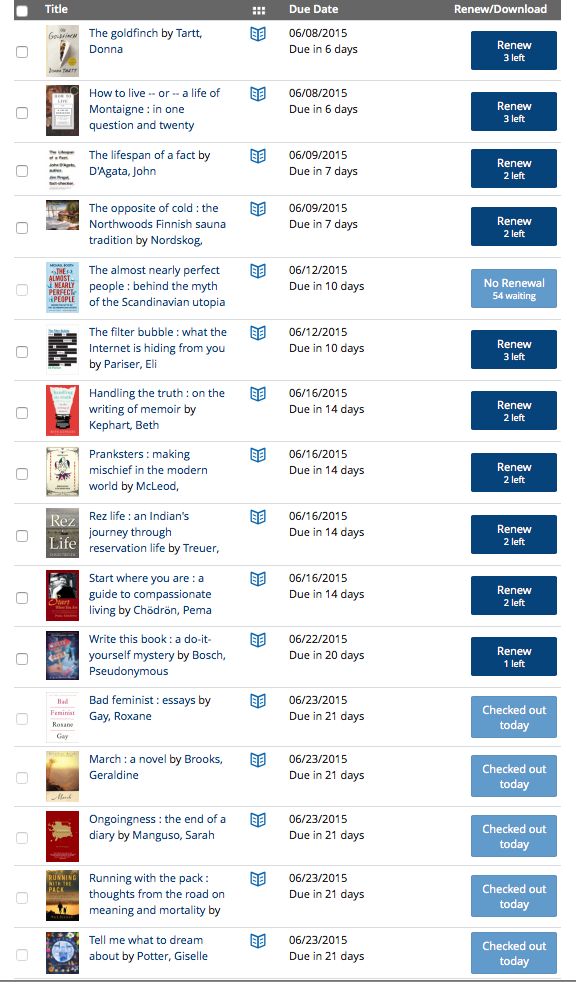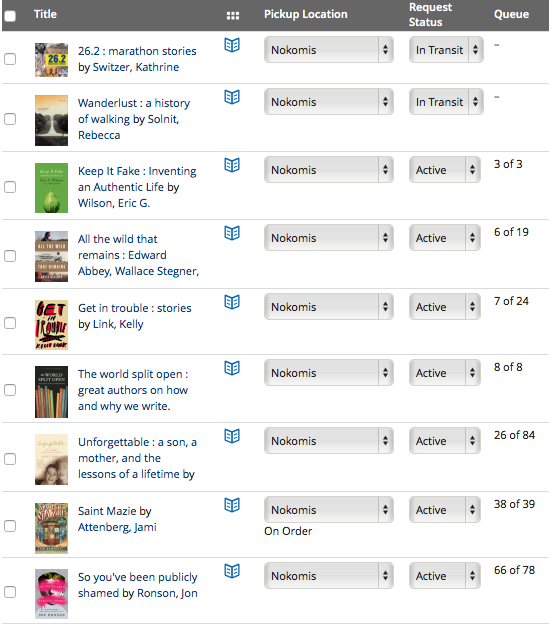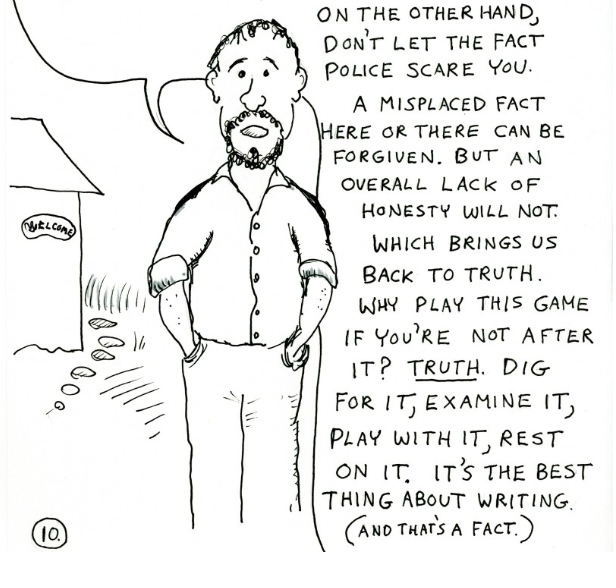I love going to the library and checking out books. My local library is great; it was renovated a few years back so it’s fun to hang out in. When I used to visit it, I would browse the shelves, looking for new books to try. But lately I’ve been requesting books from all over the metro area that I’ve read about online. Many of these books are popular and I end up on long waiting lists.
I used to be intimidated my these long lists. 250 people ahead of me? Sorry, but I don’t want to read the book that much. Now I don’t care. If I like a book, I request it, figuring that I will get it within 4 or 5 months. Sometimes it takes several months and sometimes (I can’t quite figure out the math?) it arrives within a week or two. It’s fun to get books sooner, but sometimes, more often recently, all of the books that I request come in at the same time.
Like right now.
Currently, I’m (somewhat) frantically reading Donna Tartt’s The Goldfinch, which is a hefty 750+ pages and is due in 6 days. I need to finish it soon so that I can start Michael Booth’s The Almost Nearly Perfect People, which I requested about 6 months ago after hearing about it on MPR. It’s due in 10 days. Both of these books still have long waiting lists and cannot be renewed. Actually, after writing that last sentence and first posting this entry, I realized that I could renew Tartt’s book. However, I’m immersed in it and don’t want to put it down, so I need to finish it before starting my next book.
In addition to those two books, I’m still trying to finish up Rez Life, which is awesome and illuminating, and start about 4 other books. And, if that weren’t enough, I just picked up 5 more books today, including Bad Feminist (Roxanne Gay), March (Geraldine Brooks), Ongoingness (Sarah Manguso), and Running with the Pack (Mark Rowlands).
Yikes. Maybe I should stop requesting so many books?! Or, maybe I should stop writing and get back to reading.
Here are the books that I have checked out:
And, here’s what I’ve requested:


